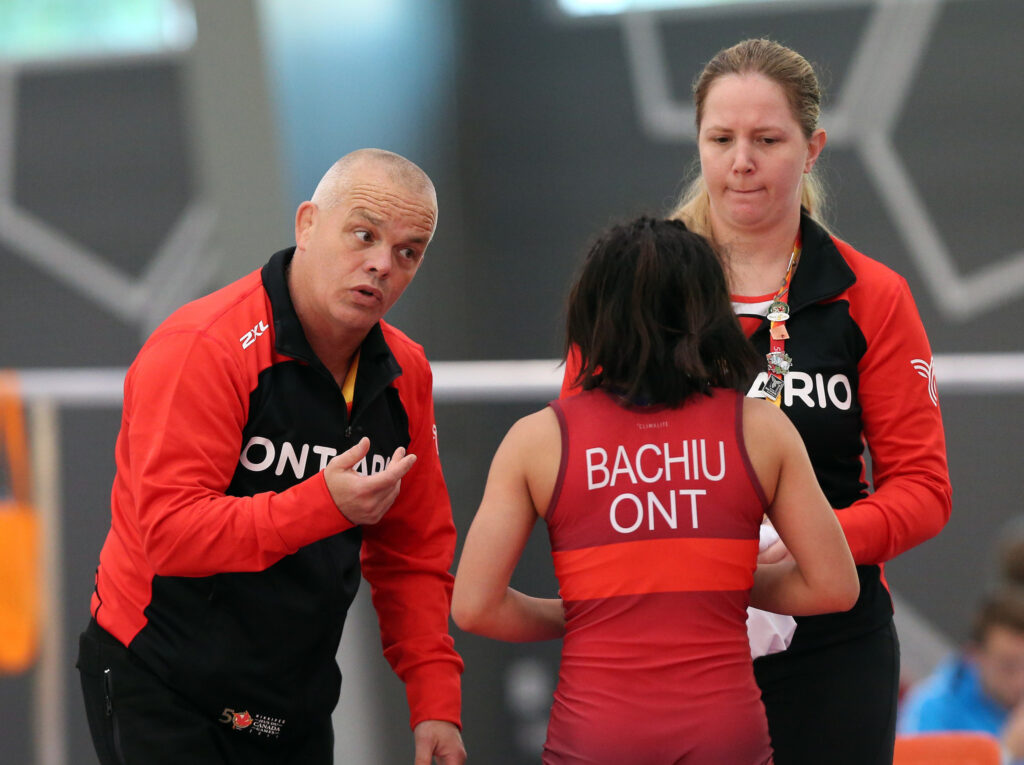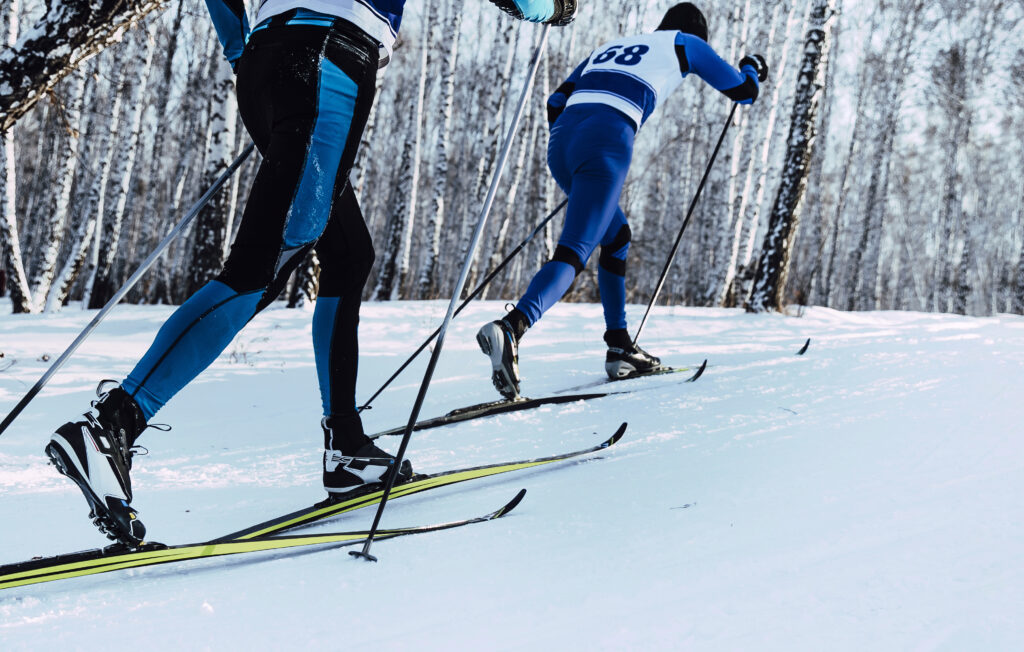Using data to plan and deliver programs with gender equity in mind

This blog post recaps the second webinar in the 4‑part Engaging Girls and Women in Sport mini-series. SIRC and Canadian Women & Sport co-hosted the mini-series, which you can access and learn more about by visiting our SIRC Expert Webinars page. — With the rise of big data and analytics, organizations across all industries are…
Community sport champions
Tell, teach, and track. Those are the 3 Ts of concussion awareness and education, according to David Hill, a program coordinator at the Castaway Wanderers Rugby Football Club. For more great tips on how to get your organization’s concussion initiatives off ground, check out the stories and ideas of community sport organizations from across Canada in…
Training for Effective Mentees: Supporting mentorship experiences for coaches

Sport organizations are increasingly turning to mentorship programs as a powerful way for coaches to learn from their own experience by working with a mentor. To support the development of women in coaching, the Coaching Association of Canada (CAC) has been leading Women in Coaching programs for over 20 years. During this time, the CAC has…
Help youth help each other
The number of concussions reported among Canadian youth has increased annually by 10.3% between 2004 and 2015. Even so, many concussions go unreported. To improve concussion reporting and health outcomes for youth, consider how youths’ social networks influence their behaviour, and explore new ways of enabling youth to help each other learn about concussion.
Recommendations for evaluation
Through evaluation, sport organizations can gain insights and solicit feedback about their programs. Evaluation can also inform decision-making, guide program improvements and build stakeholders’ value and advocacy for programming. In the SIRC blog, discover three recommendations for sport organizations to enhance evaluation: stakeholder engagement, evaluative thinking and sharing data through storytelling.
Celebrating concussion reporting
Concussion reporting is a necessary component of concussion care and safety, and according to new research, it’s something to be celebrated. Athletes are more likely to report a concussion when coaches encourage and celebrate concussion reporting. Coaches that facilitate regular, open conversations about concussions help athletes feel supported and comfortable when reporting an injury.
Complex decisions in sport
Competing objectives, such as increasing grassroots participation and selecting the top athletes for high performance programs, can complicate the work of national and provincial/territorial sport organizations. Data-driven decision-making allows sport organizations to solve complex issues in more innovative ways instead of relying on “how it’s always been done.”
Need for speed (and equity)
Racecar driving is one of the few sports in which women compete alongside men. But while women have been gaining ground on the racetrack, there is still a long way to go. In a recent study, professional women racecar drivers called on the auto-racing industry to make racecar driving more accessible to women and girls…
Psychological skills training
Psychological skills training can help athletes enhance performance, self-satisfaction, and enjoyment in sport. For this reason, researchers at the University of Windsor developed a free, online psychological skills training program for para-athletes. This evidence-based program provides training to support skills such as goal-setting, concentration, and relaxation.
Less is more: Programming interval training for endurance performance

More isn’t always better. This couldn’t be truer than when it comes to designing an interval training program geared to maximize endurance sport performance. At least that’s the conclusion of our most recent meta-analysis. This blog discusses findings from our recently published meta-analysis, which describes the effect of manipulating various interval training program characteristics (such…